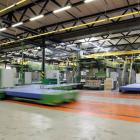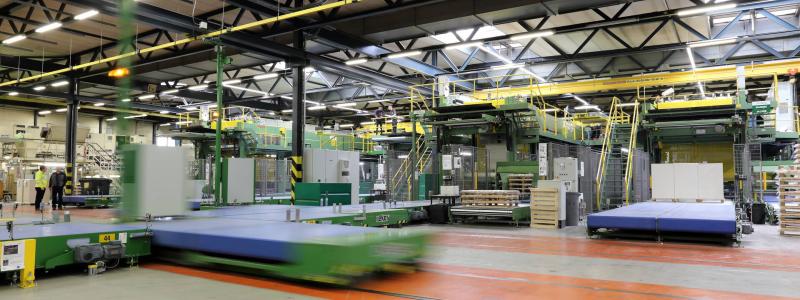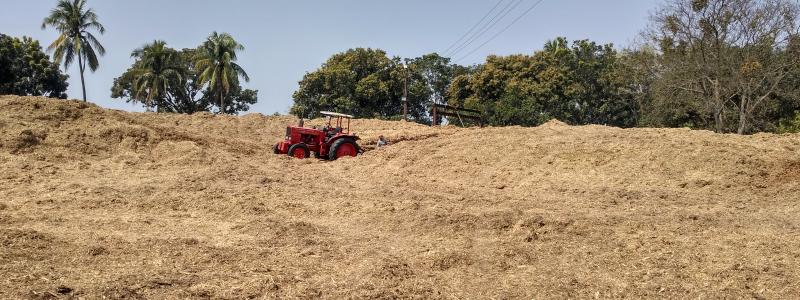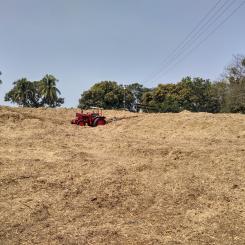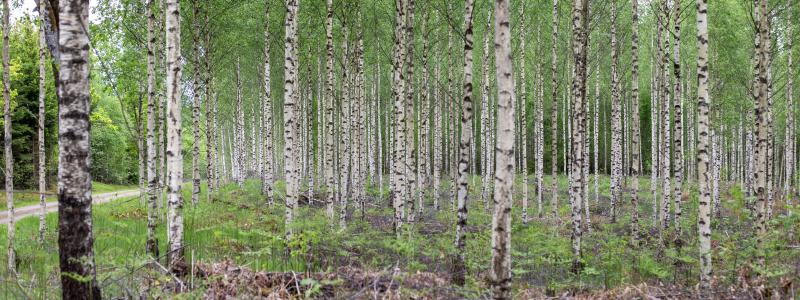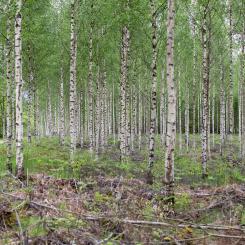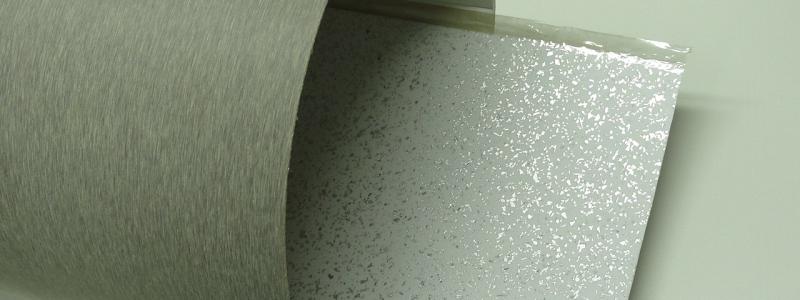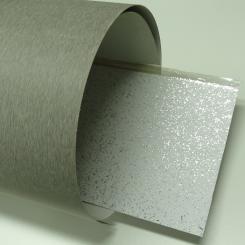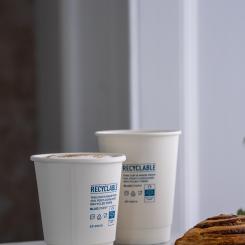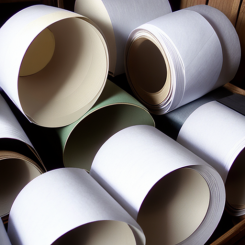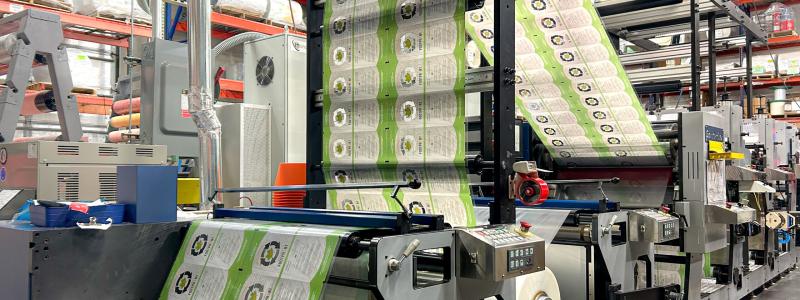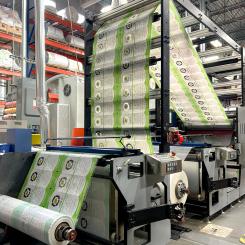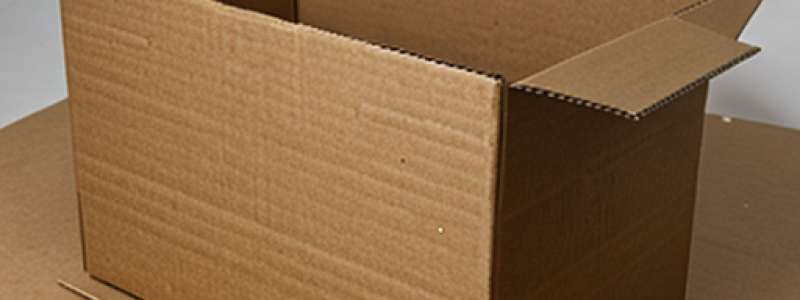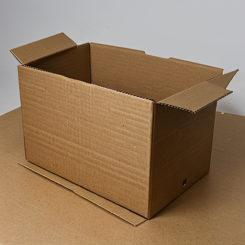Metsä Group has reported half-year and second quarter 2025 operating results.
Events during the second quarter of 2025
The average sales prices of Metsä Group’s softwood market pulp were 5% higher in Europe and 6% lower in China than in the previous quarter.
Demand for market pulp was weak in both Europe and China. Metsä Fibre has curtailed its pulp production at the Joutseno mill for the time being.
Metsä Group’s paperboard delivery volumes de-creased slightly from the previous quarter. Average paperboard prices remained stable. The uncertainty caused by the US import duties in particular has negatively affected customers' purchasing behaviour.
To improve profitability and competitiveness, the Tako board mill was closed permanently. The mill's production ended in June 2025, and production was transferred to Kyro board mill.
Change negotiations at the Kreuzau tissue paper mill were concluded.
Jussi Vanhanen assumed his post as President and CEO of Metsä Group on 1 July 2025.
In July–September 2025, Metsä Group’s comparable operating result is expected to be weaker than in April–June 2025.
Events after the review period
Due to prolonged weak profitability and the uncertain market outlook, Metsä Group is to initiate the planning of a significant cost savings and profit improvement programme. The aim of the programme is to achieve annual cost savings of approximately EUR 300 million, which are expected to be implemented gradually from 2026.
The planning of the cost savings and profit improvement programme is to be completed by the end of the current quarter. According to the plans, the programme will focus on procurement and logistics costs, the wood supply chain’s optimisation from the forest to production units, and the reduction of fixed costs. The programme does not include permanent or temporary closures of production units.
In addition to the cost savings programme, each Metsä Group’s business area will aim to improve its result by updating and sharpening its commercial strategy.
President and CEO Jussi Vanhanen, comments on the report:
"Metsä Group’s result in the second quarter of 2025 was clearly negative. This was mainly due to the increased uncertainty in world trade. The US administration first raised tariffs on Chinese imports and later on nearly all other countries’ imports. Metsä Group’s customers reacted as any rational company would: cautiously. In the short term, uncertainty about the level of tariffs was no less problematic than the tariffs themselves. In addition, consumer confidence weakened in both Europe and the US in the first half of the year.
In the second quarter, Metsä Group’s pulp deliveries declined by more than 30% from the first quarter. Our pulp customers in Asia especially were concerned about their sales and profitability development and significantly reduced their sales volumes at the beginning of the quarter. This led to a decrease in prices. Demand in Asia recovered slightly towards the end of the quarter. In Europe, demand decreased to some extent in most end-use sectors due to increasing economic uncertainty.
Our US paperboard customers reduced their order volumes due to the uncertain tariff situation. We have avoided losing customers permanently so far, but prolonged uncertainty increases the risks. In Europe, demand remained stable.
Higher costs – especially those of wood raw material – also weakened the profitability of all Metsä Group business operations in the second quarter. The purchase prices of Metsä Group’s wood took a downward turn during the quarter but remained at a historically high level.
In recent years, Metsä Group’s operations have focused on growing the business, which is important for the company and its owner-members in the long term. In line with our ownership strategy, all our production is in Northern Europe, but a third of our sales go outside Europe. Metsä Group is therefore susceptible to changes in global trade flows.
After the review period, the United States and the EU reached a preliminary agreement under which the US will impose a 15% tariff on almost all imports from Europe, including forest industry products. The competitiveness of Nordic forest industry on the US market will depend both on local competition and on the tariff agreements the US makes with other countries. At this stage, it seems that our competitiveness is weakening compared to both American and Canadian operators. The regionalisation of supply chains initiated by the pandemic will probably continue. Our significant growth investments in the tissue paper business and wood products industry will be completed during the next year. They are based on demand in Europe.
Metsä Group’s equity ratio remains strong, and we must ensure that it continues to do so. Our current profitability level is unsustainable and does not enable new growth investments. We cannot just wait for a potential improvement in economic cycles but must instead focus on improving profitability. We are therefore initiating the planning of launching a cost savings and profit improvement programme, aiming for cost savings of at least EUR 300 million by the end of 2026.
We have considerable savings opportunities in procurement and logistics, fixed costs, and the optimisation of wood consumption. This calls for increasingly close internal cooperation throughout the organisation. More detailed planning of cost savings projects is underway and will be completed by the end of the third quarter.
Over its history, Metsä Group has faced various challenges and change and development needs, to which our employees have always responded with persistent effort. We will also address the current profitability challenge through determined cooperation".




